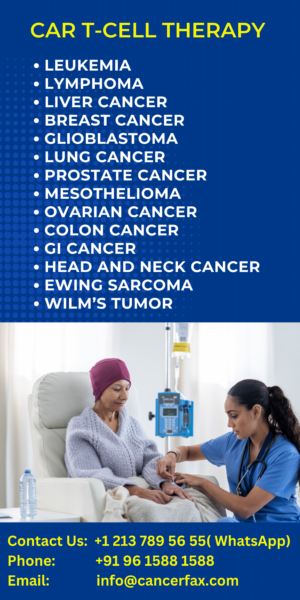Aldara-Imiquimod
Overview:
Skin cancer, one of the most common types of cancer in the world, has been increasing in frequency over the last several decades. Aldara (Imiquimod), one of the many treatment choices available, has become a ground-breaking medication that is changing the way that some forms of skin cancer are managed. This article explores Aldara’s mode of action, indications, effectiveness, adverse effects, and potential future applications in the management of skin cancer.
Understanding Aldara (Imiquimod): Known by its generic name Imiquimod, Aldara is a topical immunomodulatory medication that has become well-known for its effectiveness in treating precancerous skin lesions and several forms of skin cancer. Since its initial FDA approval in 1997, Aldara has emerged as a key player in the management of actinic keratosis, superficial basal cell carcinoma, and human papillomavirus (HPV)-induced genital warts.
Mechanism of Action: The main factor contributing to Aldara’s effectiveness is its distinct mode of action, which is based on its capacity to activate the body’s innate immune system. TLR7, which is present on dendritic cells and other immune cells, is activated by imiquimod, which results in the production of cytokines such interleukins, tumor necrosis factor-alpha (TNF-α), and interferon-alpha (IFN-α). These cytokines set off a series of immunological reactions that destroy aberrant cells, including lesions that are malignant or precancerous, while leaving healthy tissue unharmed.
Efficaciousness and Indications: Actinic keratosis, superficial basal cell carcinoma, and genital warts are among the disorders for which Aldara is prescribed. Its exceptional effectiveness in these indications, with high rates of lesion clearance and positive cosmetic effects, has been shown in clinical trials. Aldara has a preventive impact on actinic keratosis, which lowers the chance of developing into aggressive squamous cell carcinoma in addition to curing apparent lesions.
Furthermore, Aldara has demonstrated encouraging outcomes in the management of superficial basal cell carcinoma, providing a minimally invasive substitute for conventional surgical techniques such excision or Mohs micrographic surgery. Its effectiveness in curing HPV-related genital warts highlights its usefulness in treating viral skin infections.
Aldara can result in local skin responses at the application site, such as erythema, edema, erosion, and ulceration, despite the fact that it is usually well tolerated. These side effects are frequently temporary and go away when the drug is stopped or used again. Along with flu-like symptoms, patients may also experience myalgia, tiredness, and fever; these symptoms often go away after the first round of treatment.
Severe adverse responses have been documented in a small number of patients, including allergic dermatitis, Stevens-Johnson syndrome, and adverse events linked to the systemic immune system. Consequently, during Aldara therapy, healthcare professionals must keep a careful eye out for any indications of intolerance or hypersensitivity reactions in patients.
Future Directions and Research: In spite of Aldara’s demonstrated effectiveness, further study is being conducted to maximize its therapeutic potential and investigate its use in additional dermatological disorders. To improve treatment outcomes and reduce side effects, combination therapy incorporating Aldara and other immunomodulatory drugs, such as immune checkpoint inhibitors, are being researched.
In addition, studies are being conducted to clarify the molecular mechanisms that underlie Aldara’s immunomodulatory activities in order to create more specialized medications with better safety and efficacy profiles. The increasing comprehension of the complex relationship between skin cancer and the immune system presents opportunities for the creation of innovative therapeutic approaches that leverage the body’s inherent defenses against cancer.
In summary, Aldara (Imiquimod) offers a non-invasive and successful treatment option for a variety of skin malignancies and precancerous lesions, marking a significant advancement in the field of dermatology. Its capacity to enhance the immune system’s reaction to aberrant cells emphasizes the medicinal possibilities of utilizing the body’s natural defenses against cancer. Even though Aldara has shown remarkable effectiveness in clinical studies, more research is being done to improve treatment outcomes and further optimize its therapeutic applications. Aldara has the potential to be a keystone in the treatment of skin cancer, opening the door for better patient outcomes and quality of life with ongoing innovation and scientific discovery.
- Comments Closed
- March 22nd, 2024









Privacy Overview